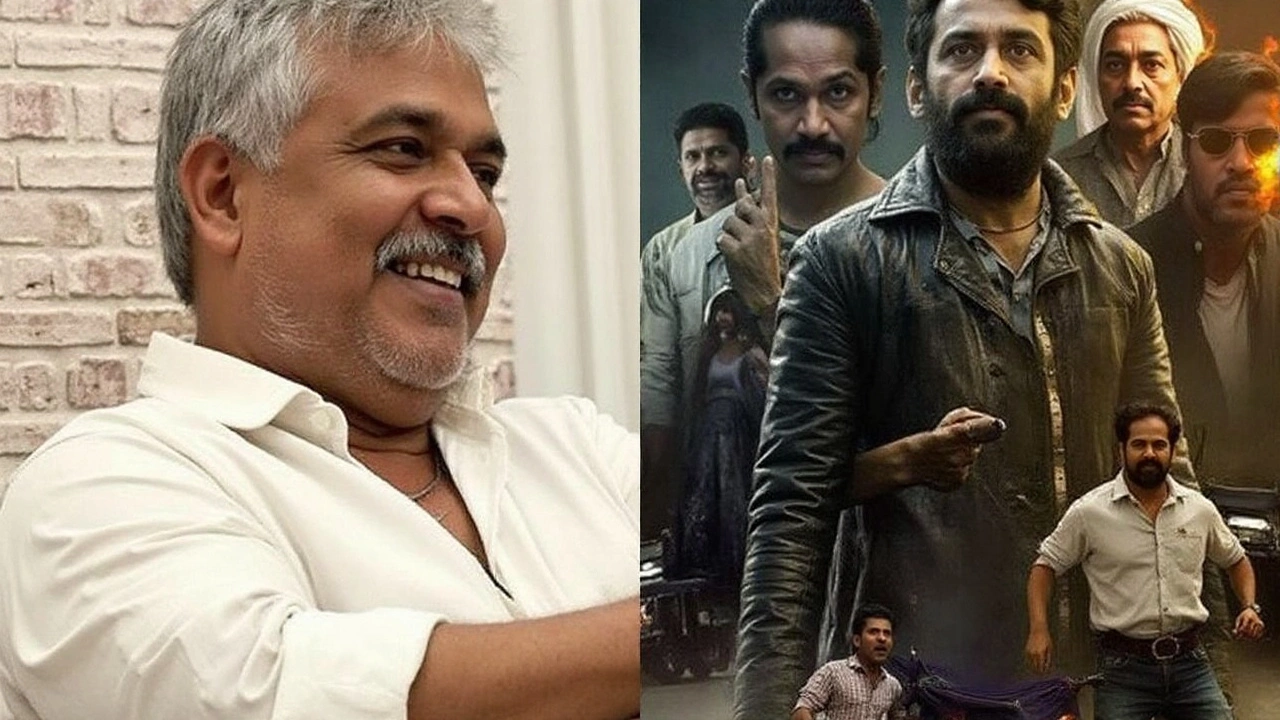Sudipto Sen Calls Out L2: Empuraan Makers Over Apology
Filmmaker Sudipto Sen, who made waves earlier with The Kerala Story, is not holding back on his opinion of how the team behind L2: Empuraan has handled controversy. The creators of Empuraan recently found themselves at the center of a storm over allegedly sensitive depictions of the 2002 Gujarat riots and content accused of anti-Hindu bias. They chose to publicly apologize and voluntarily trimmed 24 scenes from their movie, scrubbing violent portrayals and switching out character names that were causing an uproar.
Sen, who knows a thing or two about attracting heated debate—thanks to an avalanche of criticism and even lawsuits over his own film's treatment of religious and political issues—thinks this is the wrong move. For him, sticking to one's creative guns, especially when the pitchforks come out, is almost a duty. Legal threats and societal pressure, he says, shouldn't push filmmakers into concessions that dilute their art. "You have to believe in what you've made and fight for it, no matter who gets offended," Sen has argued during talks and discussions on similar issues.
Censorship and Self-Editing: Where Is Artistic Freedom Headed?
This whole mess isn't just about one movie. It lays bare the constant tug-of-war between creators and gatekeepers in Indian cinema. The uproar around Empuraan echoes broader patterns: films tackling political, religious, or historical themes are magnets for controversy, and the first demand from critics and protestors is always for apologies and cuts. In Empuraan's case, the filmmakers decided to act before things escalated—making direct changes, removing certain violent scenes (especially ones focused on women), and swapping out names that could easily be mapped onto real-life figures from recent Indian history.
The result? Tensions have flared up in the film community. Some say the filmmakers were right to be sensitive to public sentiment, especially in an environment where backlash can translate into threats, lost box office earnings, or government intervention. But for others—Sen included—it's another warning sign that free expression in the arts is getting choked.
What’s clear is that filmmakers are stuck in a no-win situation: don’t edit, and face a barrage of anger, legal headaches, and even bans; do edit, and get accused of betraying your vision. For creators like Sen, the stakes feel high: self-censorship risks taking away the raw honesty that makes films powerful, but refusing to give in can turn a movie launch into a battleground. With each new controversy, the shadow of censorship grows, forcing every director and writer to think twice before they tell a story that might sting.
